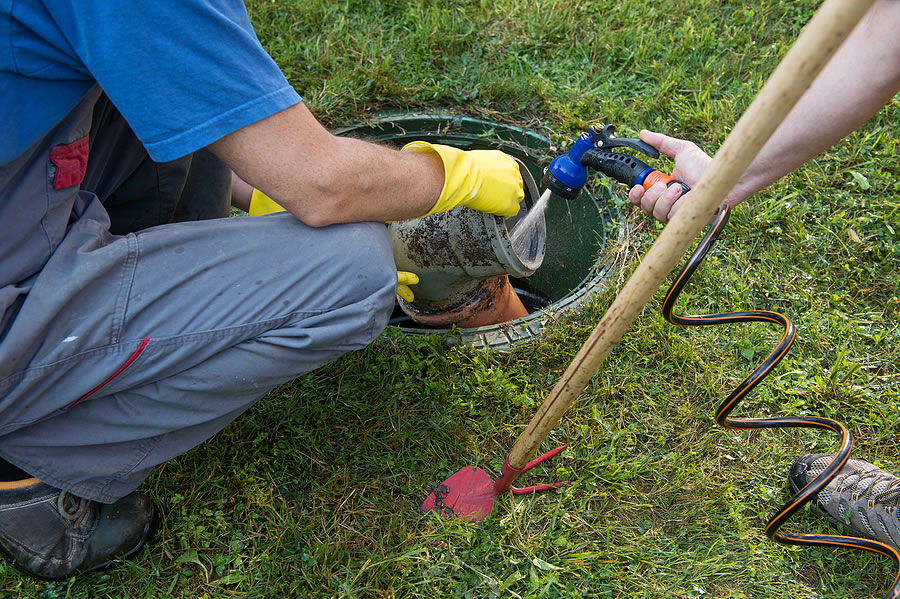
27
A well-functioning septic system ensures efficient wastewater treatment and prevents costly repairs. Whether you're considering septic tank installation, need septic tank pumping, or require septic tank repair, following proper maintenance practices is essential to keep your septic system running smoothly.
Septic tank pumping is a fundamental aspect of septic system maintenance. Over time, solid waste accumulates at the bottom of the tank, reducing its effective capacity. If left unchecked, this buildup can lead to clogs, backups, and even system failure. Hiring a professional septic company to perform regular pumping every 3 to 5 years, depending on your household size and usage, is crucial for preventing these issues and maintaining a healthy system.
Septic systems have limitations when it comes to handling water and waste. Excessive water usage can overwhelm the system, hindering the natural decomposition process and potentially causing backups. Implement water-saving practices such as fixing leaks, using high-efficiency appliances, and spreading out laundry loads over time.
What goes down the drains and toilets has a direct impact on your septic system's health. Avoid flushing non-biodegradable items, grease, chemicals, and items like diapers or sanitary products. These items can disrupt the natural breakdown of waste in the tank and lead to blockages.
Routine inspections by a professional septic company are vital for detecting and addressing potential issues before they escalate. Experts can identify cracks, leaks, or damage in the tank or pipes, allowing for timely repairs that prevent more significant problems down the line.
If you notice any signs of a problem with your septic system—such as slow drains, gurgling sounds, or foul odors—contact Charlotte Septic Pros immediately. Attempting DIY fixes or ignoring issues can worsen the situation and lead to more extensive and costly repairs.
Ensuring that everyone in your household is aware of septic system do's and don'ts can go a long way in maintaining its health. Educate your family members about responsible water usage, proper waste disposal, and signs of potential issues.
Keep a record of all septic system maintenance, inspections, and repairs. Having a documented history helps you stay on top of scheduled pumping and provides valuable information for professionals working on your system.
If you're installing a new septic system, proper installation is critical for its long-term health. Hire a reputable and experienced professional for septic tank installation. They will ensure that the system is properly sized, located, and built according to local regulations.
A healthy septic system requires a combination of responsible habits and professional care. From routine septic tank pumping and inspections to water conservation and mindful waste disposal, each step plays a role in maintaining the health and functionality of your septic system. By following these guidelines and working with Charlotte Septic Pros, you can ensure that your septic system operates efficiently, prevents costly repairs, and contributes to the well-being of your property and the environment.
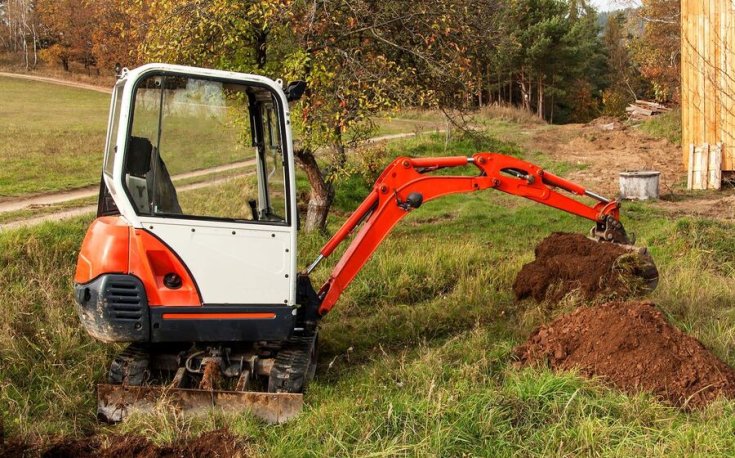
26
Choosing the Right Septic System Drain Field Expert When it comes to your home’s septic system, the drain field plays…
Read more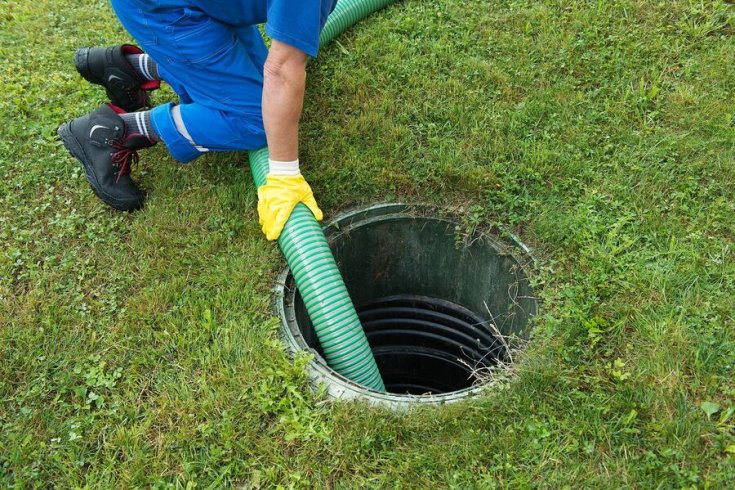
18
Reliable and Affordable Septic Services A properly functioning septic system is essential for any home or business that relies on…
Read more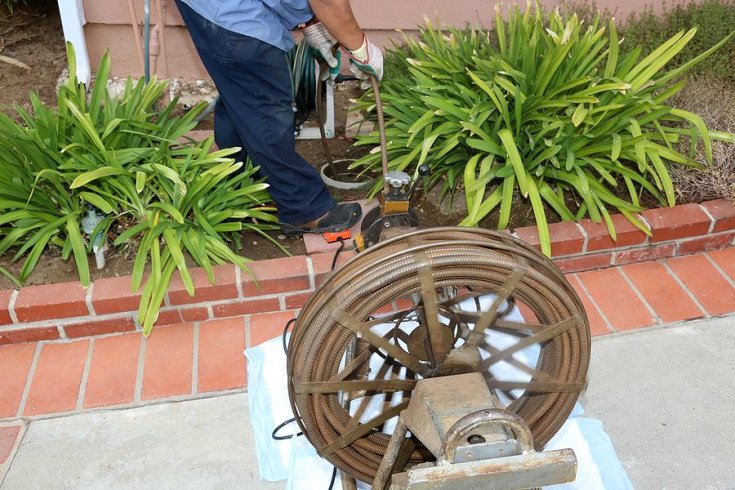
09
Signs and Solutions for a Failing Drain Field Your septic system plays a critical role in managing household wastewater, and…
Read more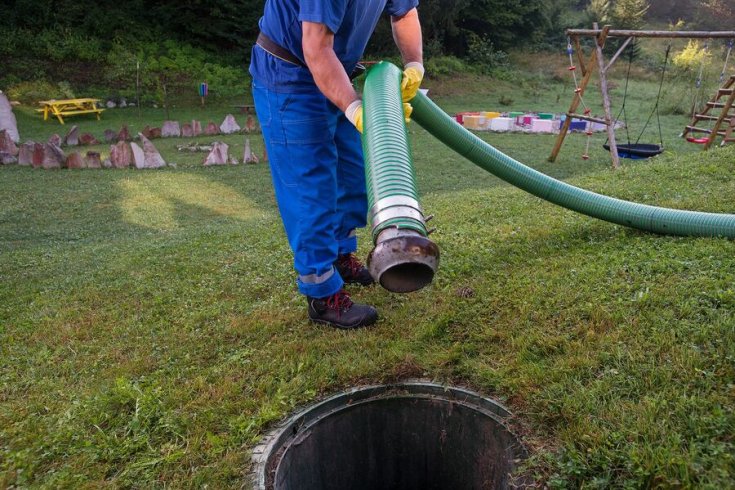
03
A Newbie’s Guide to Septic Pumping If you’re new to homeownership and have a septic system, you might be wondering…
Read more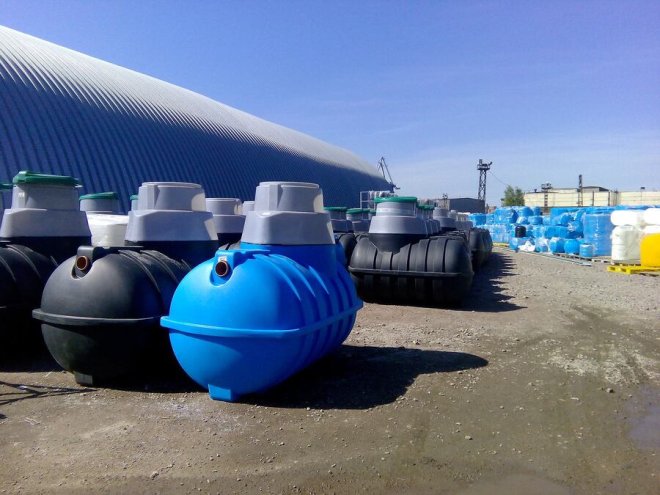
28
How to Prepare for Septic System Installation Installing a septic system is a major investment for any property that lacks…
Read more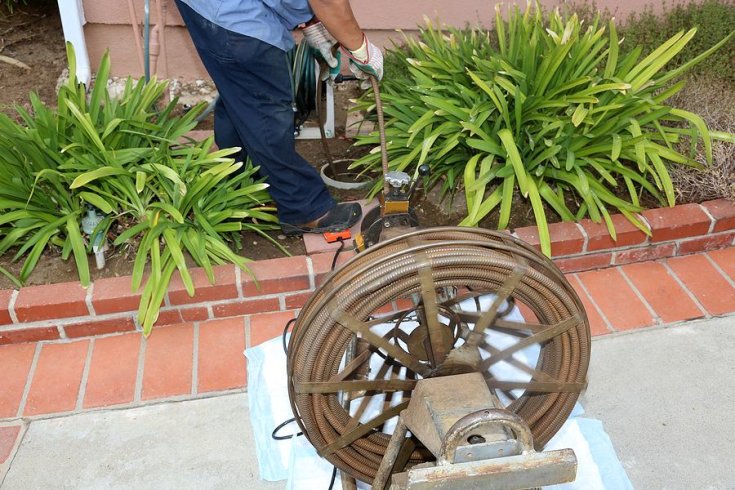
20
How Main Drain Cleaning Can Prevent Sewer Backups Sewer backups are one of the most unpleasant plumbing emergencies homeowners can…
Read more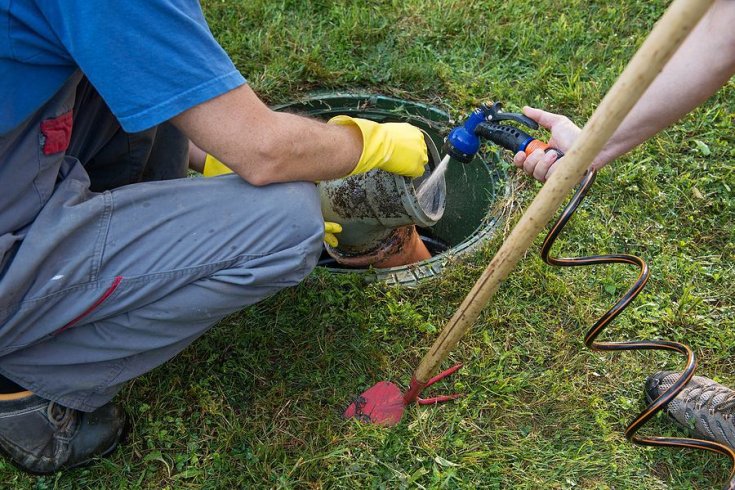
13
What to Do When You Have Drainage Problems Drainage problems can be frustrating and cause serious damage if left untreated.…
Read more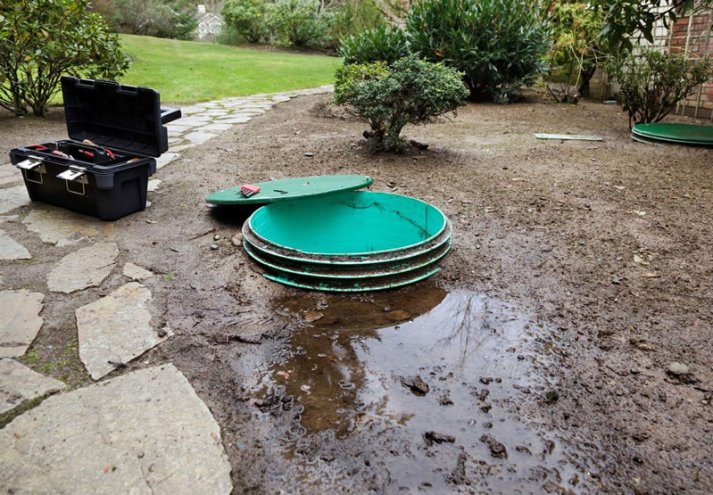
04
Signs and Causes of Septic Leaks A leaking septic system can pose serious health and environmental risks. If left untreated,…
Read more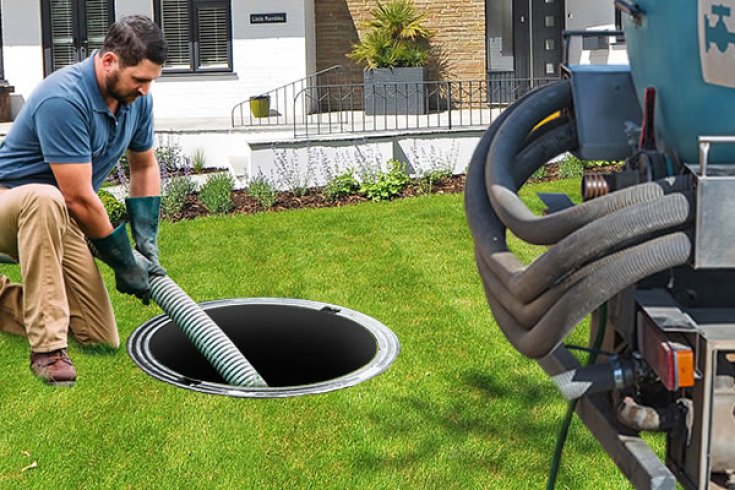
02
Unusual Septic Tank Blockages: Keeping Your Septic System Healthy A properly functioning septic system is crucial for any home or…
Read more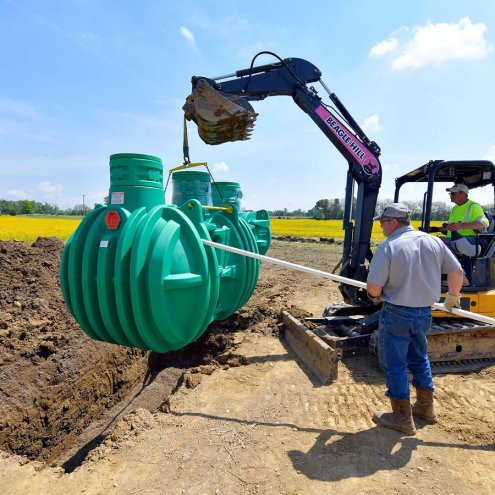
23
Seasonal Weather and Septic Systems Tank Your septic system plays a vital role in managing household wastewater, but seasonal weather…
Read more